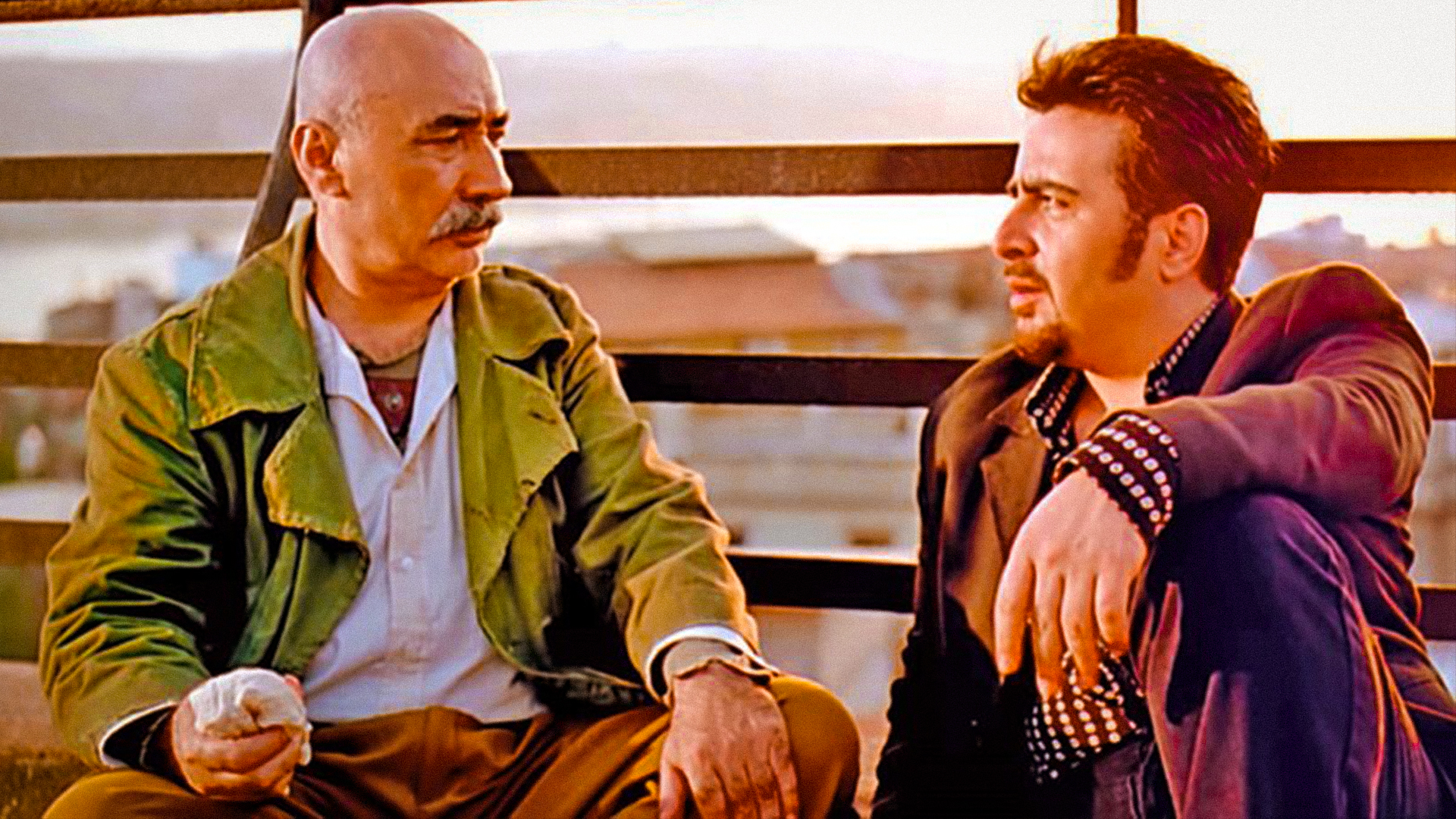
The Timeless Appeal of “The Bandit” (Eşkıya)
japanchildrenrights.org – “The Bandit” (Eşkıya) is a landmark film in Turkish cinema, directed by Yavuz Turgul and released in 1996. This film not only revitalized the Turkish film industry but also captivated audiences with its gripping narrative, compelling characters, and rich cultural themes. It remains a beloved classic in Turkey and continues to resonate with viewers worldwide.
A Tale of Redemption and Revenge
At the heart of “The Bandit” is the story of Baran, a notorious bandit who is released from prison after serving 35 years. Upon his release, Baran returns to his village only to find that it has been submerged by a dam, and his former gang has dispersed. He learns that his best friend, Berfo, betrayed him, stole his treasure, and married his fiancée, Keje. Fueled by the desire for revenge and the hope of finding Keje, Baran travels to Istanbul.
In the bustling city, Baran meets Cumali, a young and reckless man with his own set of troubles. The unlikely friendship between the seasoned bandit and the street-savvy youth forms the emotional core of the film. Together, they navigate the challenges of urban life, with Baran’s quest for justice and redemption driving the narrative forward.
Cinematic Excellence and Cultural Significance
“The Bandit” is celebrated for its masterful storytelling and its ability to blend elements of action, drama, and romance. Yavuz Turgul’s direction brings a poignant depth to the film, capturing the essence of human emotion and the complexities of moral choices. The film’s cinematography beautifully contrasts the serene landscapes of rural Turkey with the chaotic energy of Istanbul, highlighting the cultural and geographical shifts faced by the characters.
The performances in “The Bandit” are another standout aspect of the film. Şener Şen’s portrayal of Baran is both powerful and nuanced, capturing the inner turmoil of a man seeking redemption. Uğur Yücel, as Cumali, delivers a dynamic performance that complements Şen’s, adding layers of humor and pathos to the story.
Legacy and Impact
“The Bandit” was a commercial success, breaking box office records in Turkey and marking a turning point for the Turkish film industry, which was struggling at the time. Its success paved the way for a new wave of Turkish cinema, inspiring filmmakers to explore diverse narratives and complex characters.
The film’s exploration of themes such as loyalty, betrayal, and the quest for justice resonates with audiences beyond cultural boundaries. It addresses universal human experiences, making it accessible and relatable to viewers around the world. “The Bandit” not only entertains but also prompts reflection on the nature of friendship, forgiveness, and the possibility of redemption.
In conclusion, “The Bandit” (Eşkıya) stands as a testament to the power of storytelling and the enduring appeal of cinema. Its impact on Turkish cinema is profound, and its timeless themes continue to captivate audiences, ensuring its place as a cherished classic in the annals of film history.


